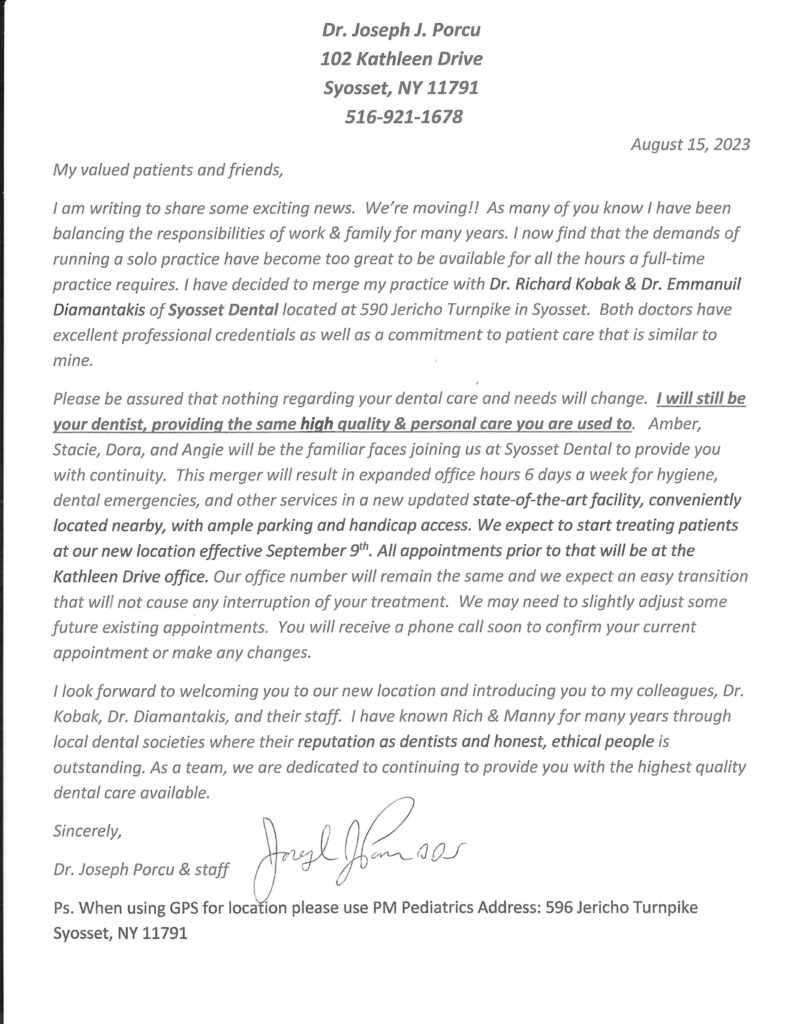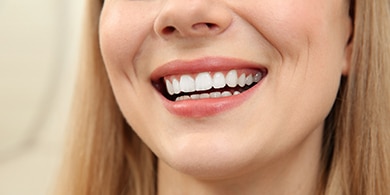 When you practice consistently good hygiene and keep up with regular preventive dental visits, you have a very good chance of preventing some of the most common dental health concerns. Things like tooth decay, gum disease, and chronic bad breath can all stem from excessive plaque and tartar buildup. However, not every challenge that your smile faces can be controlled with good hygiene. For example, if your jaw’s joints can’t operate properly – a condition known as TMJ disorder – then you may require more than just a dental checkup and cleaning to resolve it.
When you practice consistently good hygiene and keep up with regular preventive dental visits, you have a very good chance of preventing some of the most common dental health concerns. Things like tooth decay, gum disease, and chronic bad breath can all stem from excessive plaque and tartar buildup. However, not every challenge that your smile faces can be controlled with good hygiene. For example, if your jaw’s joints can’t operate properly – a condition known as TMJ disorder – then you may require more than just a dental checkup and cleaning to resolve it.
Understanding TMJ disorder
TMJ (temporomandibular joint) disorder is a collective term that can describe several different specific conditions that affect your jaw joints. Your TMJs are located on either side of your jaw, and to function properly, they have to move in tandem as you open and close your mouth. If one of the joints is damaged, misaligned, inflamed, or otherwise compromised, it can inhibit this function, making it difficult for your jaw to open and close. This can lead to a host of increasingly worse symptoms, including:
- Popping or clicking sensations in your jaw
- Pain or soreness in your jaw and facial muscles
- Chronic headaches and migraines
- Pain and/or ringing in your ears
- Shifting of your jaw when you bite and chew
- And more
The most common factors
As one of many different factors in your bite’s movement, your TMJs can be subject to harm in several ways. If one or both joints are exposed to excessive, uneven pressure, then the stress can lead to the development of TMJ disorder and its many symptoms. For example, if your bite is already imbalanced because of crooked teeth, then your jaw may have to compensate every time you bite and chew, which can place an enormous amount of pressure on your TMJs. If you exhibit chronic teeth-grinding, then the condition may also lead to joint damage or inflammation if left untreated.
How to find relief from it
Because TMJ disorder is different for everyone, there is no one-size-fits-all treatment it. First, your dentist will have to diagnose the nature and extent of your disorder with a comprehensive examination. Then, he’ll consult with you to determine the best course of action. For example, you may need orthodontic treatment to straighten crooked teeth, cosmetic or restorative treatment to build up asymmetrical tooth structure, or more. In many cases, however, patients can find relief from TMJ disorder with the help of a custom-designed appliance that offers unique support for their jaws to rest comfortably.
Find the cause and solution to your TMJ disorder
TMJ disorder can mean many things, and have a variety of different potential causes. To diagnose and treat your specific TMJ disorder, schedule a visit by calling Syosset Dental in Syosset, NY today at 516-433-2211 or 516-921-1678.











